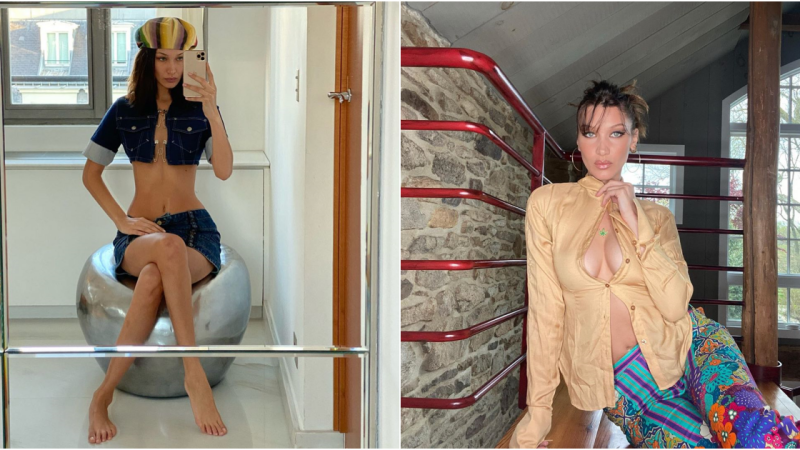Controversy Surrounding Sexy Attire of a Woman on the Train

Recent Event: Glimpse into Celebrity Life
The unexpected presence of a woman in provocative attire on a train has sparked a wave of discussions and reactions across social media platforms.
The images of a woman wearing revealing clothing while riding a train in Japan circulated widely, creating a buzz in the online community.
The woman, sporting a low-cut top that accentuated her bust, paired with jeans and a long shirt, wore a mask amidst the crowded train, primarily occupied by office-goers. Her bold choice of outfit amidst the confined space quickly drew attention and became a topic of conversation.

The individual in the photograph was identified as Queenie, a well-known Japanese hot girl and photo model. Born in 1990, she stands out for her impressive height and works as a Japanese language teacher in Taipei, Taiwan (China).
Queenie also shared a series of photos on her personal Instagram account, depicting her journey on a crowded train in Japan with the caption, “Train in Japan is too crowded, but I’m happy.” Her trip to Osaka was for an event.
While most netizens praised Queenie’s beauty and admired her pictures, a segment criticized her for seemingly seeking attention through her provocative attire.
The debate escalated as Chinese and Japanese media outlets reported on the incident, with Queenie acknowledging the coverage on her social media. Some interpreted her actions as a deliberate attempt to attract attention and enhance her image and fame. This perspective was further fueled by her subsequent appearance at a supermarket dressed similarly.
In a separate incident, another woman in alluring clothing garnered attention on a train. However, it was clarified that the setting was not an actual public train but rather a staged location for photo opportunities, utilized by young people for check-ins and pictures. The woman in this image is also a well-known online hot girl and photo model based in Taiwan (China).
The episode raises questions about personal expression, intention, and the boundaries between public spaces and staged settings, prompting a broader discourse on individual agency and the evolving nature of online fame.






